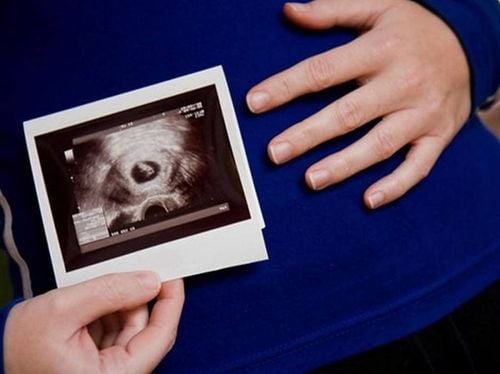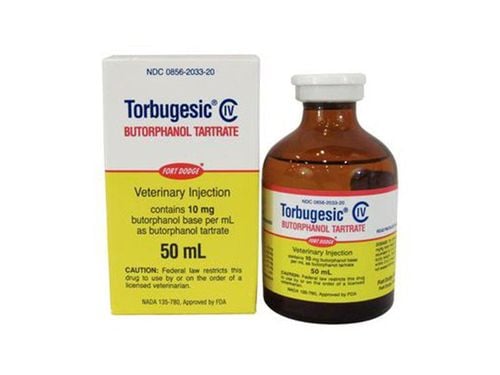This is an automatically translated article.
Ask
Hello doctor! In 2015, I had a replacement of the mitral valve, a biological aortic valve, in May 2018 a headache occurred, the doctor diagnosed a broken valve and operated on it, but when the valve was opened, it was still good. Cut panus (fibrous tissue around the valve) for unknown reason, so far the valve has a lot of fibrous tissue around the valve ring, according to the ultrasound card. The bicuspid bicuspid valve is in position, the valve is thick, fibrous, around the annulus has a lot of fibrous tissue, and the transverse pressure difference is high 23/12mmHg. Biological aortic valve in correct position, thickened valve, fibrous, around the annulus with a lot of fibrous tissue, very high transverse pressure difference of 105/72mmHg. The doctor asked me, what is fibrosis around the annulus, is there any way to treat it? How do I reduce the pressure across the valve? Thank you doctor!
Hoang Thi Le Thuy (1984)
Reply
Hello! The first thing the doctor asked when the valve was replaced, how old were you? What is the most recent ultrasound result? Because the biological valve itself will degenerate year by year, also known as annulus fibrosis. Depending on the type of biological valve (valve type, size), there will be a suitable pressure difference through the valve, it is not possible to draw conclusions based on the pressure difference alone. For in-depth consultation, you need to go to the Cardiology department at the hospitals of Vinmec Health System or the hospital where you have performed surgery before to get accurate results.
Looking forward to meeting you to have your health checked and give appropriate treatment. Best regards.
Answered by Master, Doctor La Thi Thuy - Interventional Cardiologist - Cardiovascular Center - Vinmec Central Park International General Hospital
Other consulting contents
Mitral valve regurgitation 1.5/4 and 3 leaflets 2/4 can apply mitral valve replacement method? What to do with progressive mitral regurgitation? Is 2/4 mitral regurgitation dangerous? Posts on the same topic
Mitral valve repair and replacement by minimally invasive open-heart surgery Closing the atrial septal defect with minimally invasive open-heart surgery Common heart valve diseases and treatment solutions at Vinmec













